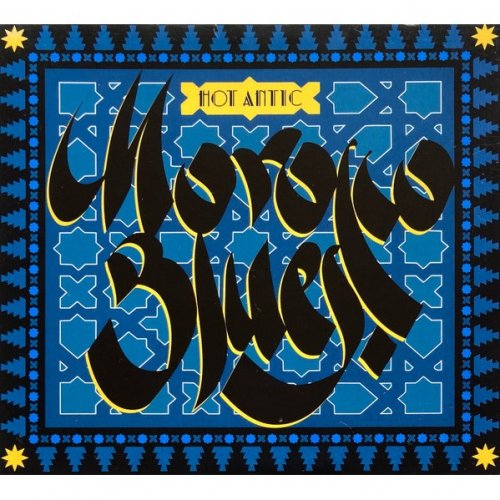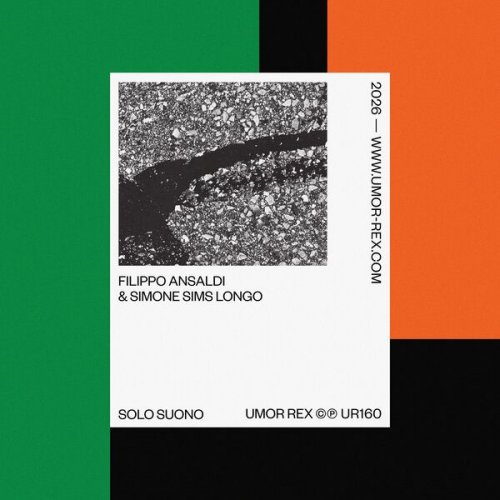Ensemble Correspondances & Sébastien Daucé - Etienne Moulinié: Meslanges pour la Chapelle d'un Prince (2014) [Hi-Res]
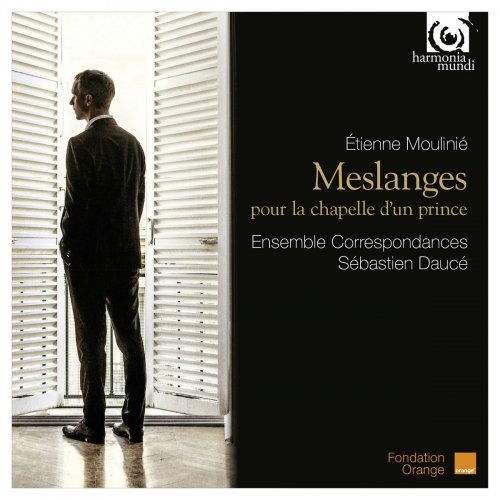
Artist: Ensemble Correspondances, Sébastien Daucé
Title: Etienne Moulinié: Meslanges pour la Chapelle d'un Prince
Year Of Release: 2014
Label: harmonia mundi
Genre: Classical
Quality: flac lossless / flac 24bits - 88.2kHz +Booklet
Total Time: 01:06:00
Total Size: 344 / 1163 mb
WebSite: Album Preview
TracklistTitle: Etienne Moulinié: Meslanges pour la Chapelle d'un Prince
Year Of Release: 2014
Label: harmonia mundi
Genre: Classical
Quality: flac lossless / flac 24bits - 88.2kHz +Booklet
Total Time: 01:06:00
Total Size: 344 / 1163 mb
WebSite: Album Preview
---------
01. O bone Jesu
02. Lauda Sion salvatorem
03. Caro mea vere est cibus
04. Jesu nostra redemptio
05. Cantate Domino
06. O bone Jesu
07. Magi videntes stellam
08. O dulce nomen
09. Ecce video
10. Allemande
11. Popule meus quid fecit tibi & Pie Jesu
12. Ne reminiscaris Domine
13. Allemande
14. Ego flos campi
15. Dum esset rex
16. La Pacifique
17. Veni sponsa mea
18. O salutaris hostia
19. Litanies de la Vierge
20. Flores apparuerunt
For more than 30 years, the career of composer Étienne Moulinié was inseparably linked with the patronage of Gaston d'Orléans (1608-60), brother of Louis XIII. Moulinié provided the music for the prince’s family from 1627 to 1660, leaving a varied and original oeuvre. Although his secular music is well known, his sacred output, most of it contained in a collection published in 1658 from which this recording presents some of the finest pieces, is still neglected, despite its great beauty, its individuality, and its importance for the development of mid 17th-century French music.
Despite several announcements, Moulinié was never to carry out his intention of publishing further volumes, probably hindered from doing so by the death of his patron in 1660. 'The Mélanges de sujets chrétiens' (Anthology of Christian subjects, canticles, litanies, and motets, set to music in two, three, four, and five parts, with a figured bass) is therefore all the more precious in the insight it gives into the music of one of the most original composers of the Grand Siècle at the height of his artistry.

![Jasna Jovićević Quinary - Simple Joy (2026) [Hi-Res] Jasna Jovićević Quinary - Simple Joy (2026) [Hi-Res]](https://www.dibpic.com/uploads/posts/2026-01/1767695610_nqoulajnbmp6o_600.jpg)
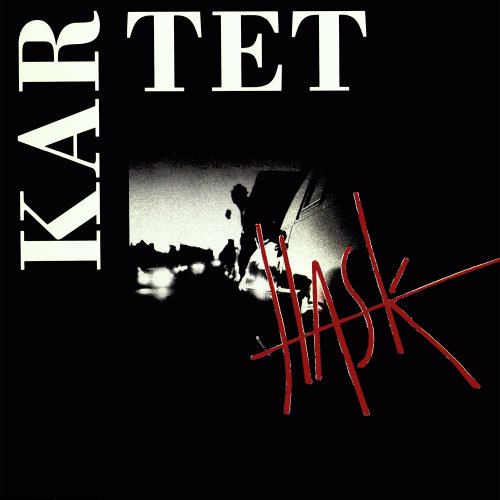

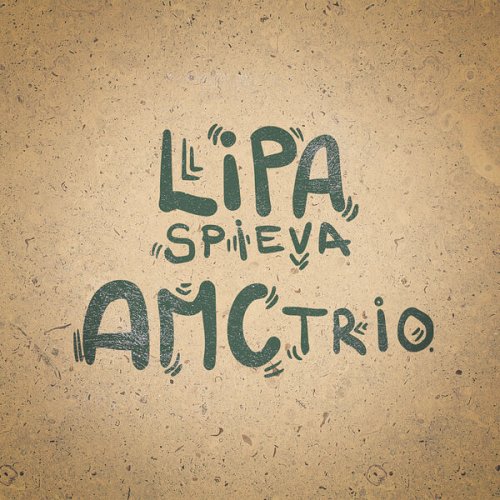
![Cassie Watson Francillon - Bardo (2026) [Hi-Res] Cassie Watson Francillon - Bardo (2026) [Hi-Res]](https://img.israbox.com/img/2026-01/09/8tm5c3kbsfxajvq8zcxgrgt3j.jpg)

